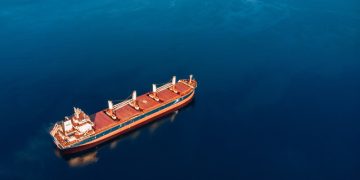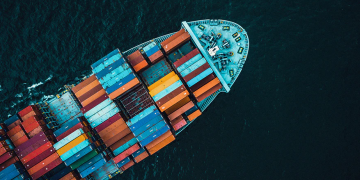Environmentalists urge WSC to prevent whales ship strikes
During a series of conferences in Southern Sri Lanka, Friend of the Sea’s director Paolo Bray has exposed the problem of the increasing number of endangered whales being killed by cargo ships strikes. Pigmy blue whales and other whales feed and breed in the area of the Indian Ocean just South of Sri Lanka. The same area is crossed by the most intense cargo ships traffic in the world: over 5000 ships per month. Dead whales are often carried on the bowls of the 300 meters long vessels. More whales are found floating or stranded with evidence of having been struck by cargo ships. In addition the ships form a “wall of noise” which negatively impacts whales feeding and breeding behavior. “An estimated 50 to 100 whales are struck to death each year by these vessels,” explains Dr. Bray. “Pigmy blue whales could be led to extinction in the next few years if the shipping lines continue to ignore their impact.” Friend of the Sea has urged the World Shipping Council and ten shipping companies (NYK, Maersk, Evergreen Marine Corporation, CMA-CGM, MSC, Hapag-Lloyd, APL, Cosco, Hanjin, and CSCL) to immediately engage at slowing down their ships to less than ...
Read more






















































